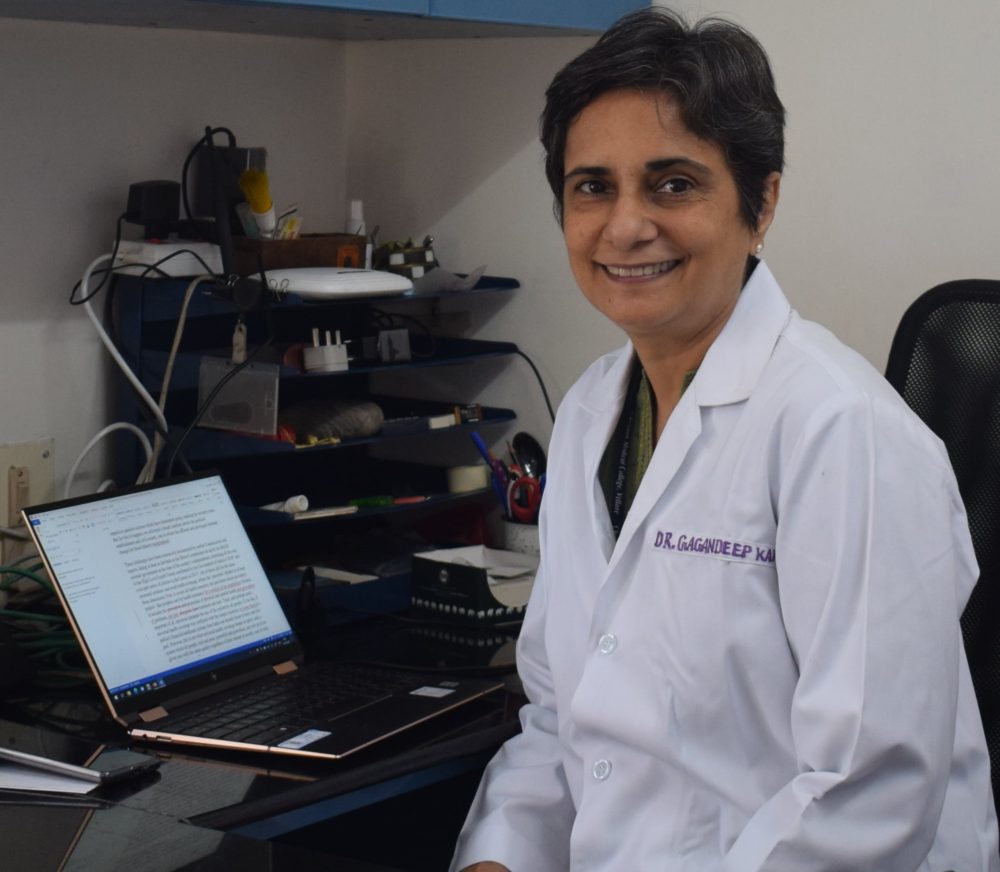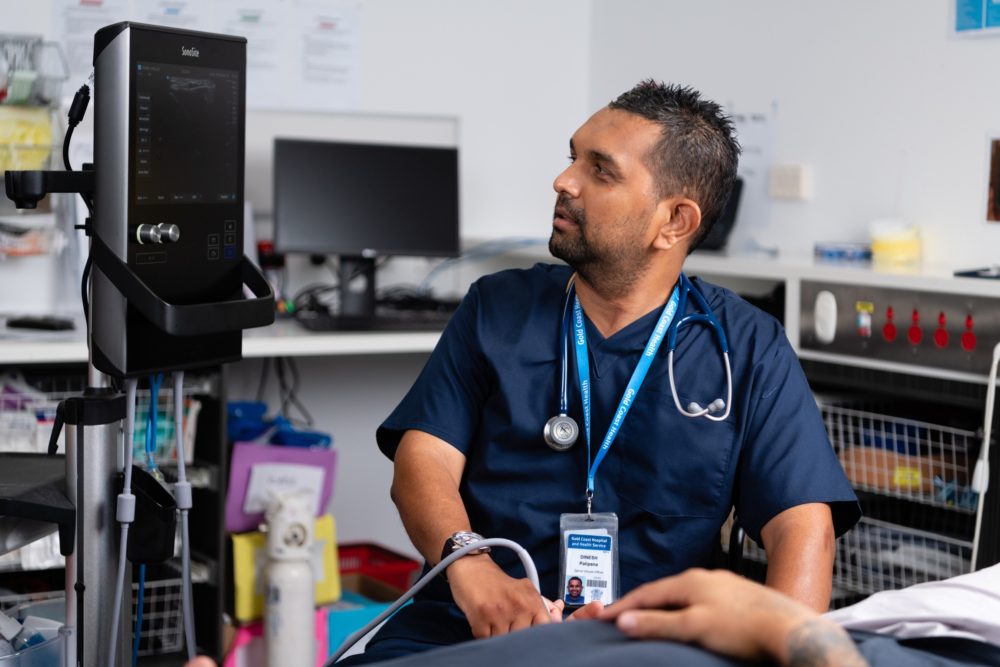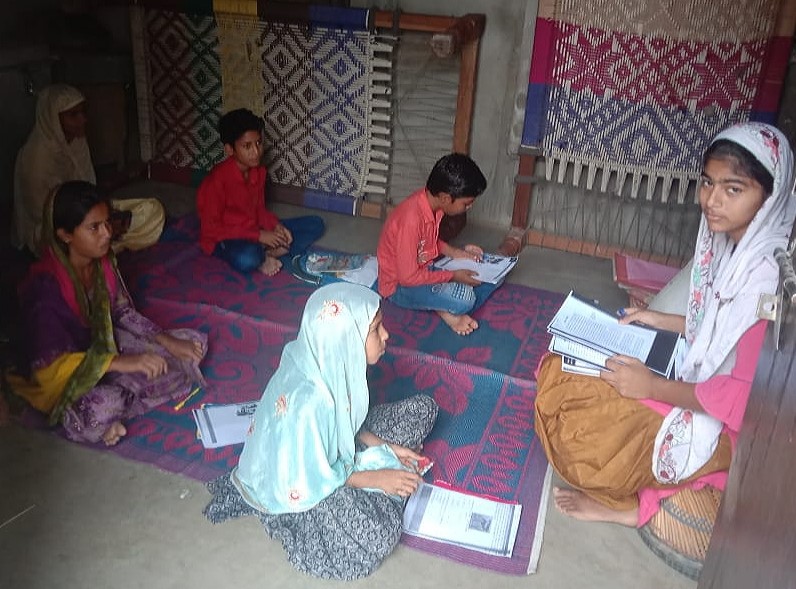By Neena Bhandari
Sydney, 31.08.2020 (SciDev.Net): Internationally renowned for her inter-disciplinary research on transmission, development and prevention of enteric infections and their sequelae in children in India, Gagandeep Kang is the first Indian woman scientist to be elected a Fellow of the Royal Society. She is a member of the WHO’s Global Advisory Committee on Vaccine Safety.
Currently, a professor of microbiology in the Division of Gastrointestinal Sciences in her alma mater, the Christian Medical College Vellore, Kang grew up in a science-oriented household, reading Isaac Asimov. She attended 10 schools in 12 years as her father, a mechanical engineer in the Indian Railways, was transferred across northern and eastern India.
The frequent transfers taught her to be adaptable and learn outside the classroom. She spent time learning on her own with help from her parents. They would visit mines to understand about minerals and chemicals. Her father would bring home lenses, concave mirrors and Woulfe bottles and they set up their own lab and herbarium.



